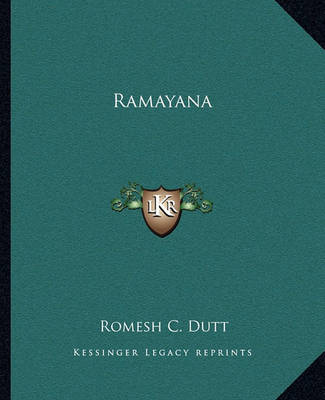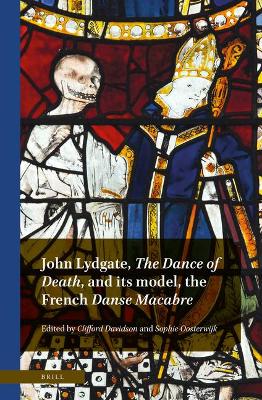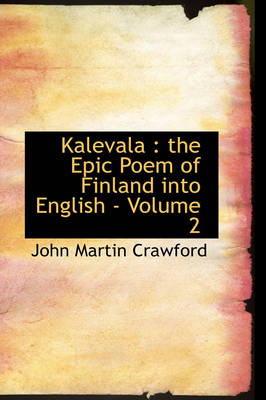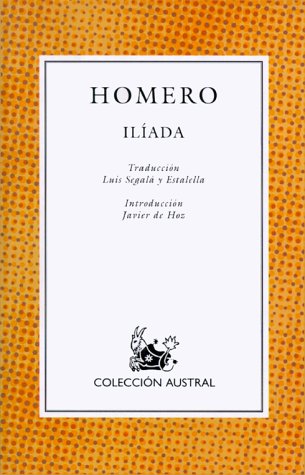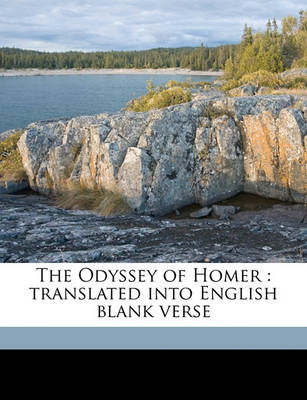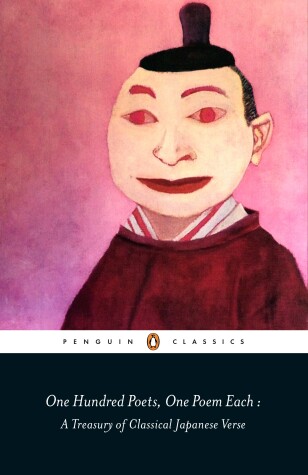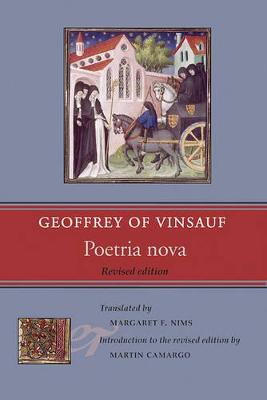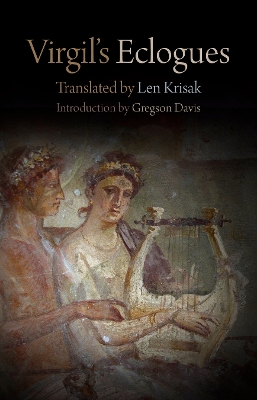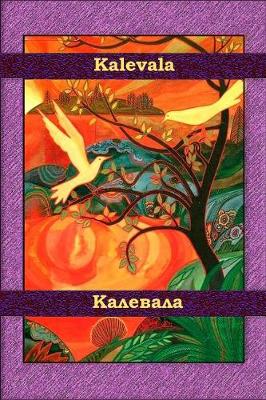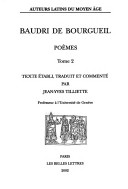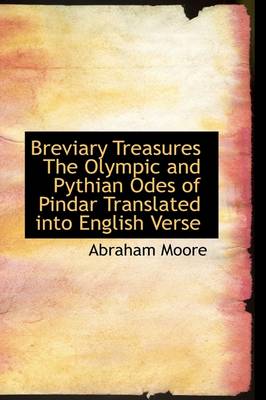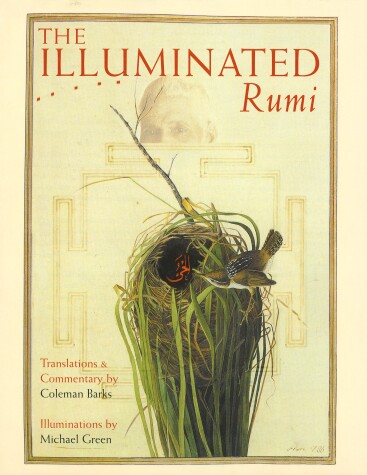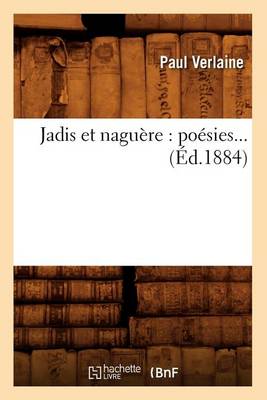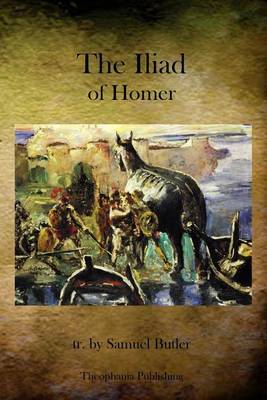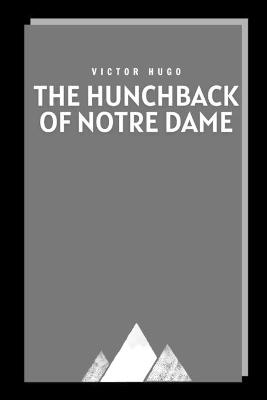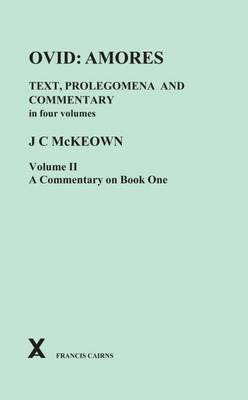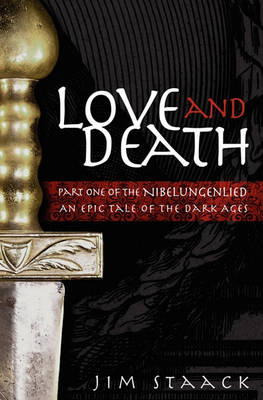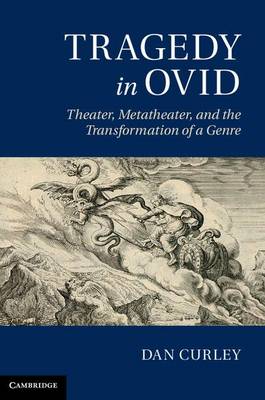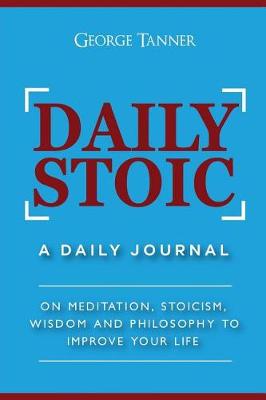John Lydgate, The Dance of Death, and its model, the French Danse Macabre
This edition of John Lydgate's Dance of Death offers a detailed comparison of the different text versions, a new scholarly edition and translation of Guy Marchant's 1485 French Danse Macabre text, and an art-historical analysis of its woodcut illustrations. It addresses the cultural context and historical circumstances of Lydgate's poem and its model, the mural of 1424-25 with accompanying French poem in Paris, as well as their precursors, notably the Vado mori poems and the Legend of the Thr...
Latin is very much alive in the poetry written by the great Latin poets, and this book is about their poetry, their language, and their culture. Fitzgerald shows the reader with little or no knowledge of the Latin language how it works as a unique vehicle for poetic expression and thought. Moving between close analysis of particular Latin poems and more general discussions of Latin poets, literature, and society, Fitzgerald gives the un-Latined reader an insider's view of how Latin poetry feels...
Homer's epic chronicle of the Greek hero Odysseus' journey home from the Trojan War has inspired writers from Virgil to James Joyce. Odysseus survives storm and shipwreck, the cave of the Cyclops and the isle of Circe, the lure of the Sirens' song and a trip to the Underworld, only to find his most difficult challenge at home, where treacherous suitors seek to steal his kingdom and his loyal wife, Penelope. Favorite of the gods, Odysseus embodies the energy, intellect, and resourcefulnes...
A new edition of the most widely known and popular collection of Japanese poetry.The best-loved and most widely read of all Japanese poetry collections, the Ogura Hyakunin Isshu contains 100 short poems on nature, the seasons, travel, and, above all, love. Dating back to the seventh century, these elegant, precisely observed waka poems (the precursor of haiku) express deep emotion through visual images based on a penetrating observation of the natural world. Peter MacMillan's new translation o...
Poetria Nova (Mediaeval Sources in Translation, #49)
by Geoffrey of Vinsauf
Publius Vergilius Maro (70-19 B.C.), known in English as Virgil, was perhaps the single greatest poet of the Roman empire-a friend to the emperor Augustus and the beneficiary of wealthy and powerful patrons. Most famous for his epic of the founding of Rome, the Aeneid, he wrote two other collections of poems: the Georgics and the Bucolics, or Eclogues. The Eclogues were Virgil's first published poems. Ancient sources say that he spent three years composing and revising them at about the age of t...
The Finnish language belongs to a non-Indo-European group of languages whose origins have been traced to a region just west of the Urals. During the first milennium of our era, Uralic-speakers in the Baltic region developed the oral poetry which is the basis of the Kalevala, the epic poem of Finland which was assembled only 150 years ago as a portrait of an ancient people in war and peace. This poem, which has often been compared with the epics of Homer, played a central role in the process towa...
Chinese Poetry in Times of Mind, Mayhem and Money (Sinica Leidensia, #86) (Brill's Paperback Collection / Asian Studies)
by Maghiel Van Crevel
Chinese Poetry in Times of Mind, Mayhem and Money is a groundbreaking contribution to scholarship, well-suited to classroom use in that it combines rigorous analysis with a lively style. Covering the period from the 1980s to the present, it is organized around the notions of text, context and metatext, meaning poetry, its socio-political and cultural surroundings, and critical discourse in the broadest sense. Authors and issues studied include Han Dong, Haizi, Xi Chuan, Yu Jian, Sun Wenbo, Yang...
Baudri de Bourgueil, Carmina. Tome II (Auteurs Latin Du Moyen Age, #12)
by Bourgueil Baudri De
'A systematic study of all the Satires, [this book includes] for each Satire an exposition of argument and structure illustrated by pieces of either idiomatic translation of paraphrase, a description ofhistorical and social background, and comments on the quality of the poem ... this happy blend of historical scholarship and literary criticism is aimed at a wide audience.' Michael Coffey, Classical Review
Breviary Treasures the Olympic and Pythian Odes of Pindar Translated Into English Verse
by Abraham Moore
Rise up nimbly and go on your strange journey to the ocean of meanings... In the mid-thirteenth century, in a dusty marketplace in Konya, Turkey, a city where Muslim, Christian, Hindu, and Buddhist travelers mingled, Jelaluddin Rumi, a popular philosopher and scholar, met Shams of Tabriz, a wandering dervish. Their meeting forever altered the course of Rumi's life and influenced the mystical evolution of the planet. The bond they formed was everlasting--a powerful transcendent friendship that...
"Frauenlob" was the stage name of Heinrich von Meissen (c. 1260-1318), a medieval German poet-minstrel. A famous and controversial figure in his day, Frauenlob (meaning "praise of ladies") exercised a strong influence on German literature into the eighteenth century. This book introduces the poet to English-speaking readers with a fresh poetic translation of his masterpiece, the Marienleich-a virtuosic poem of more than 500 lines in praise of the Virgin Mary.Barbara Newman, known for her pathbre...
The Iliad of Homer (Homer's Iliad) (Classic Greek Literature - The Iliad)
by Homer
This translation of Homer's Iliad by the poet and classicist Ennis Rees attempts to be both faithful to the original and accessible to the modern reader.
Satyricon (Classics) (Phoenix 60p paperbacks - the literature of passion)
by Petronius Arbiter
Perhaps the strangest—and most strikingly modern—work to survive from the ancient world, The Satyricon relates the hilarious mock epic adventures of the impotent Encolpius, and his struggle to regain virility. Here Petronius brilliantly brings to life the courtesans, legacy-hunters, pompous professors and dissolute priestesses of the age - and, above all, Trimalchio, the archetypal self-made millionaire whose pretentious vulgarity on an insanely grand scale makes him one of the great comic chara...
Even in its incomplete form (the final volume is still in preparation), the Commentary on the Amores of Ovid has become a scholarly standard. The introductions to each elegy are succinct, readable and original, and take careful account of relevant modern discussions. The commentary is full of meticulous detail. McKeown's Ovid retains his lightness of touch, however, and poet and commentator share an interest in the wit arising from situation and word-play.
Ovid is today best known for his grand epic, Metamorphoses, and elegiac works like the Ars Amatoria and Heroides. Yet he also wrote a Medea, now unfortunately lost. This play kindled in him a lifelong interest in the genre of tragedy, which informed his later poetry and enabled him to continue his career as a tragedian - if only on the page instead of the stage. This book surveys tragic characters, motifs and modalities in the Heroides and the Metamorphoses. In writing love letters, Ovid's heroi...
